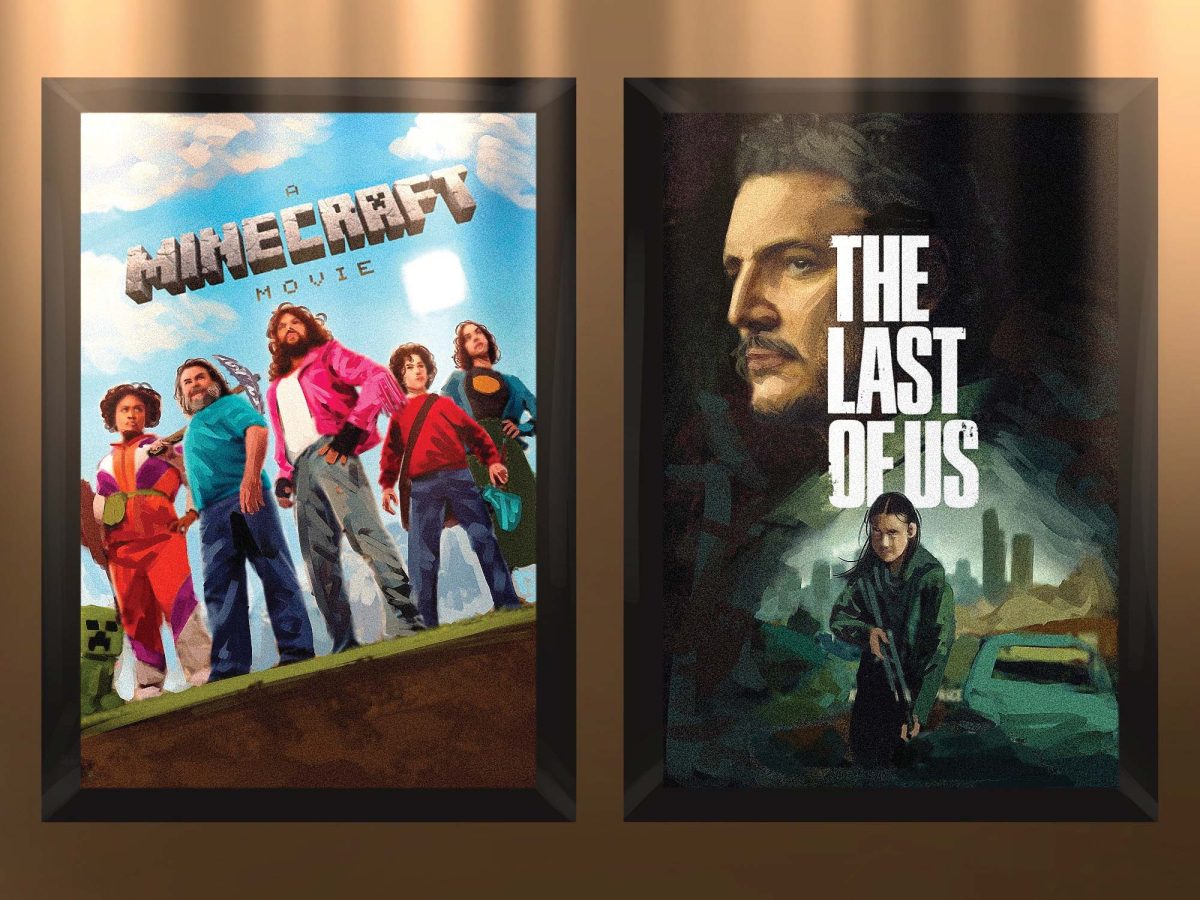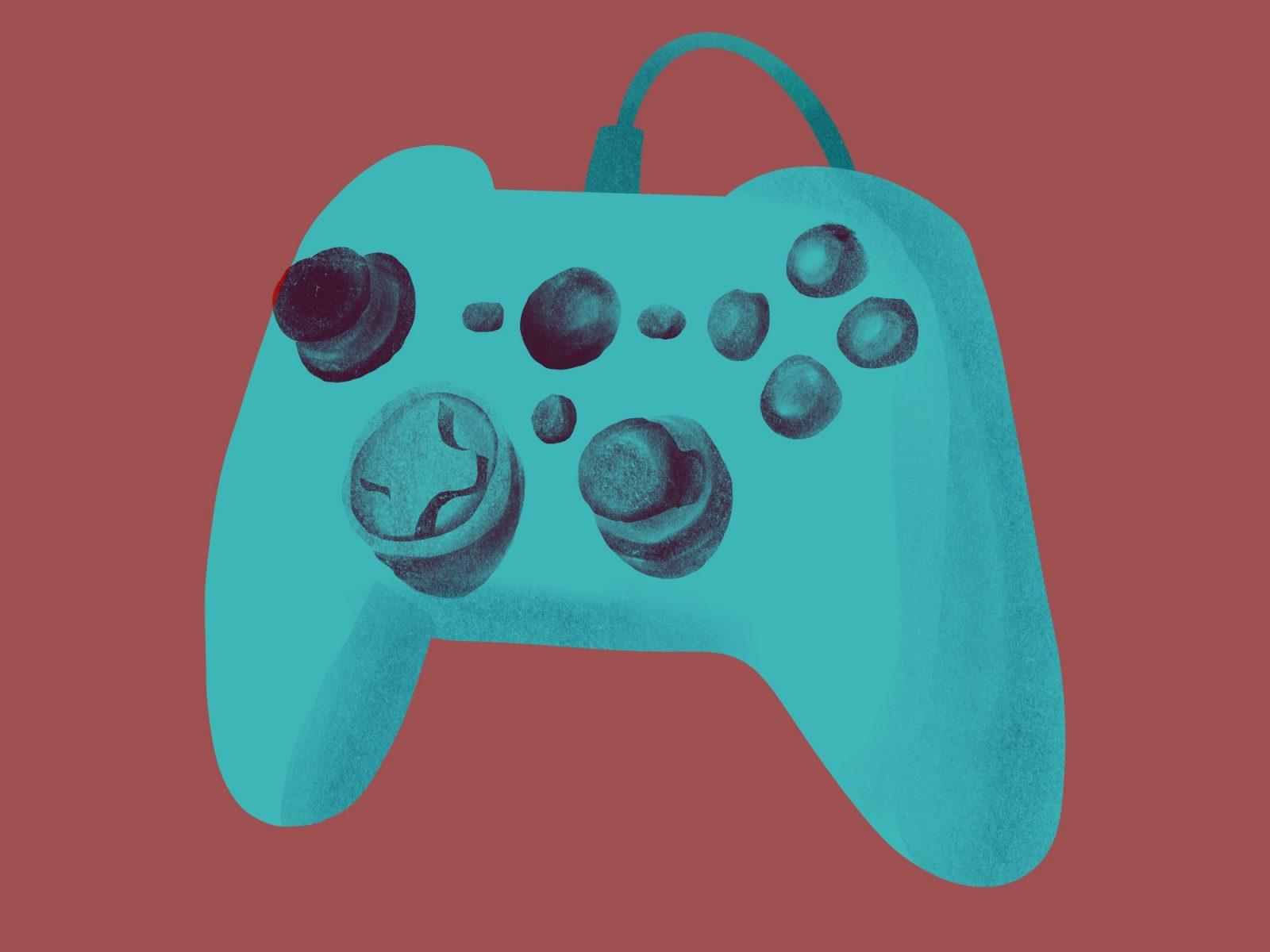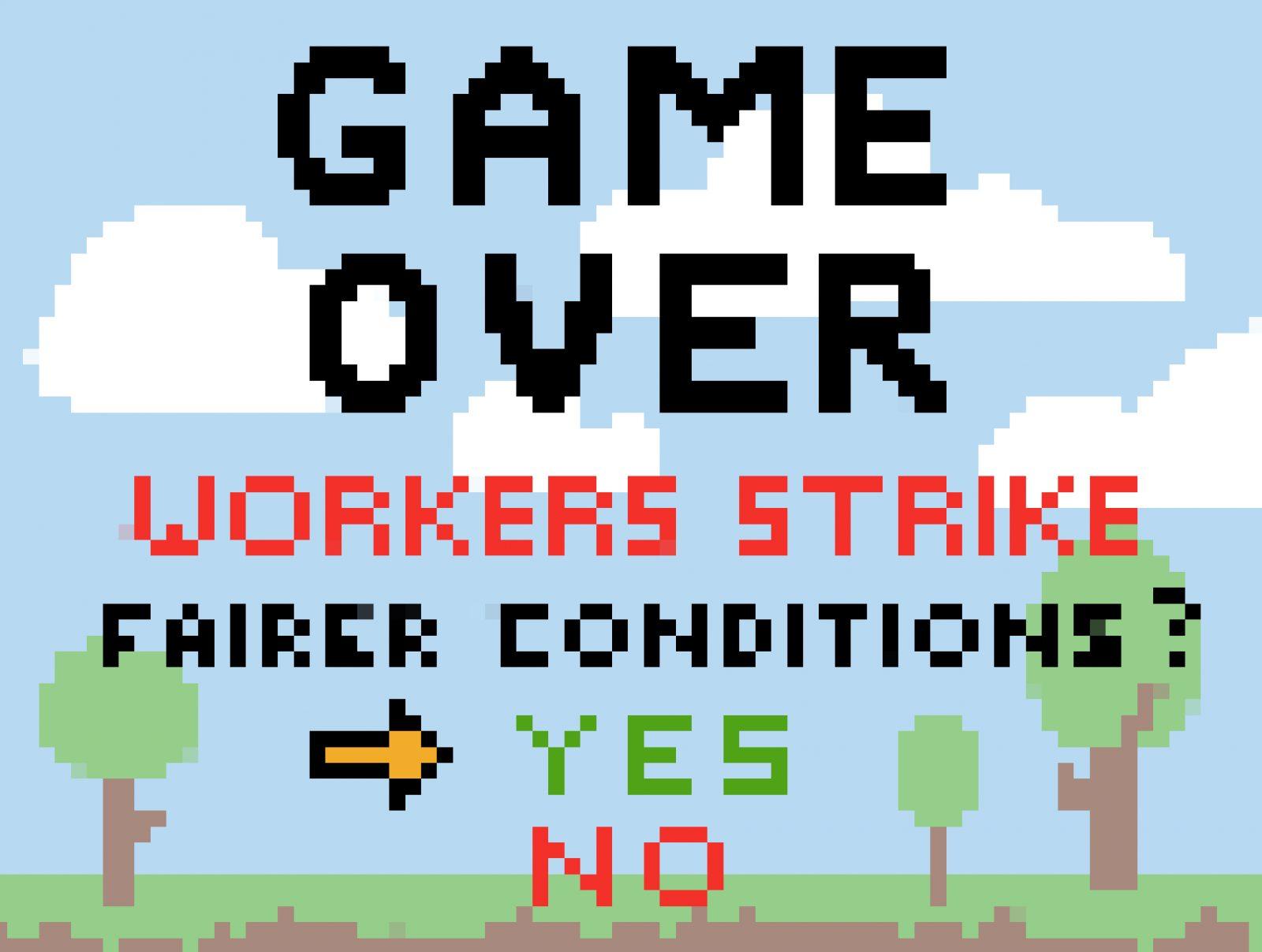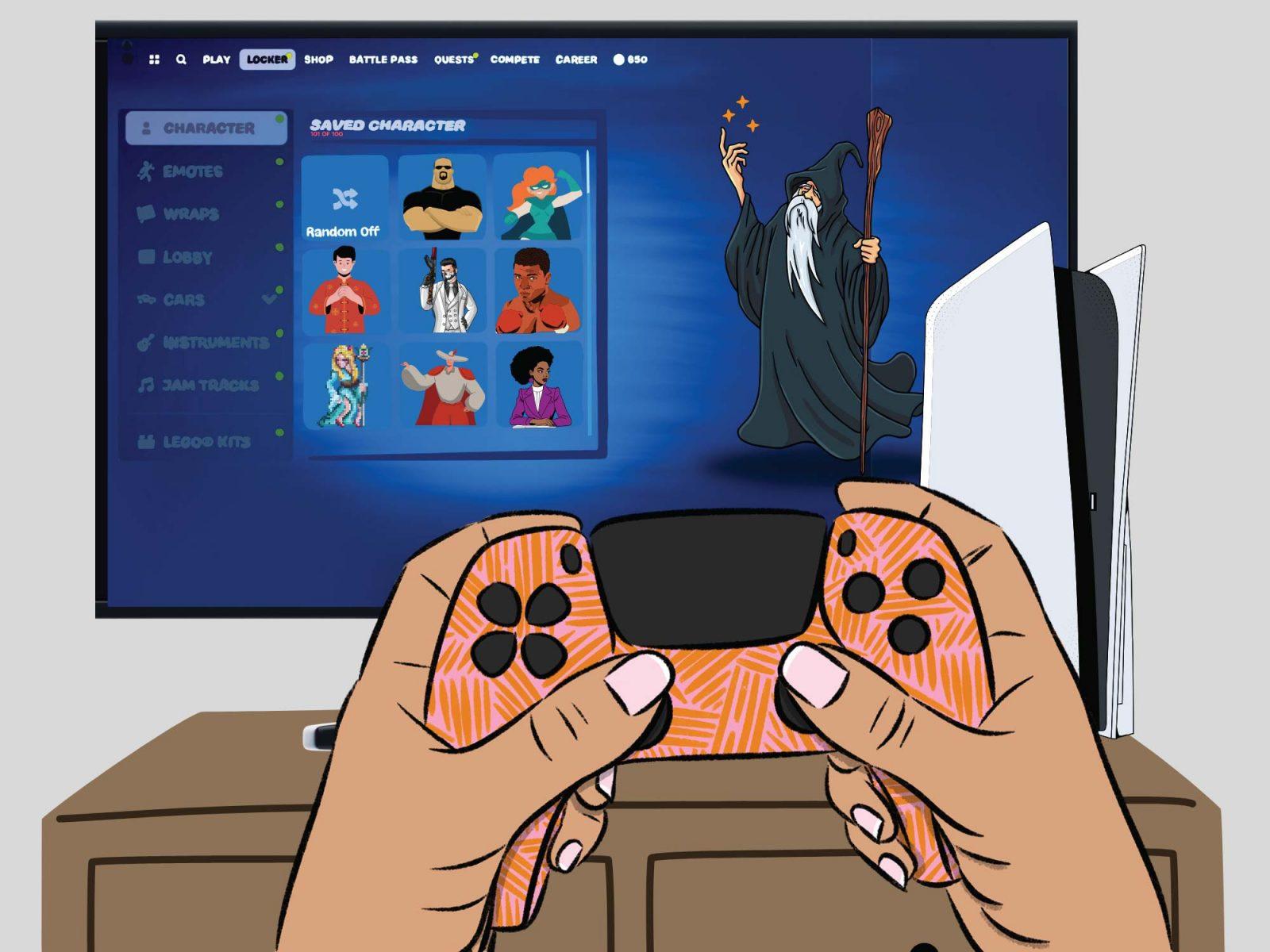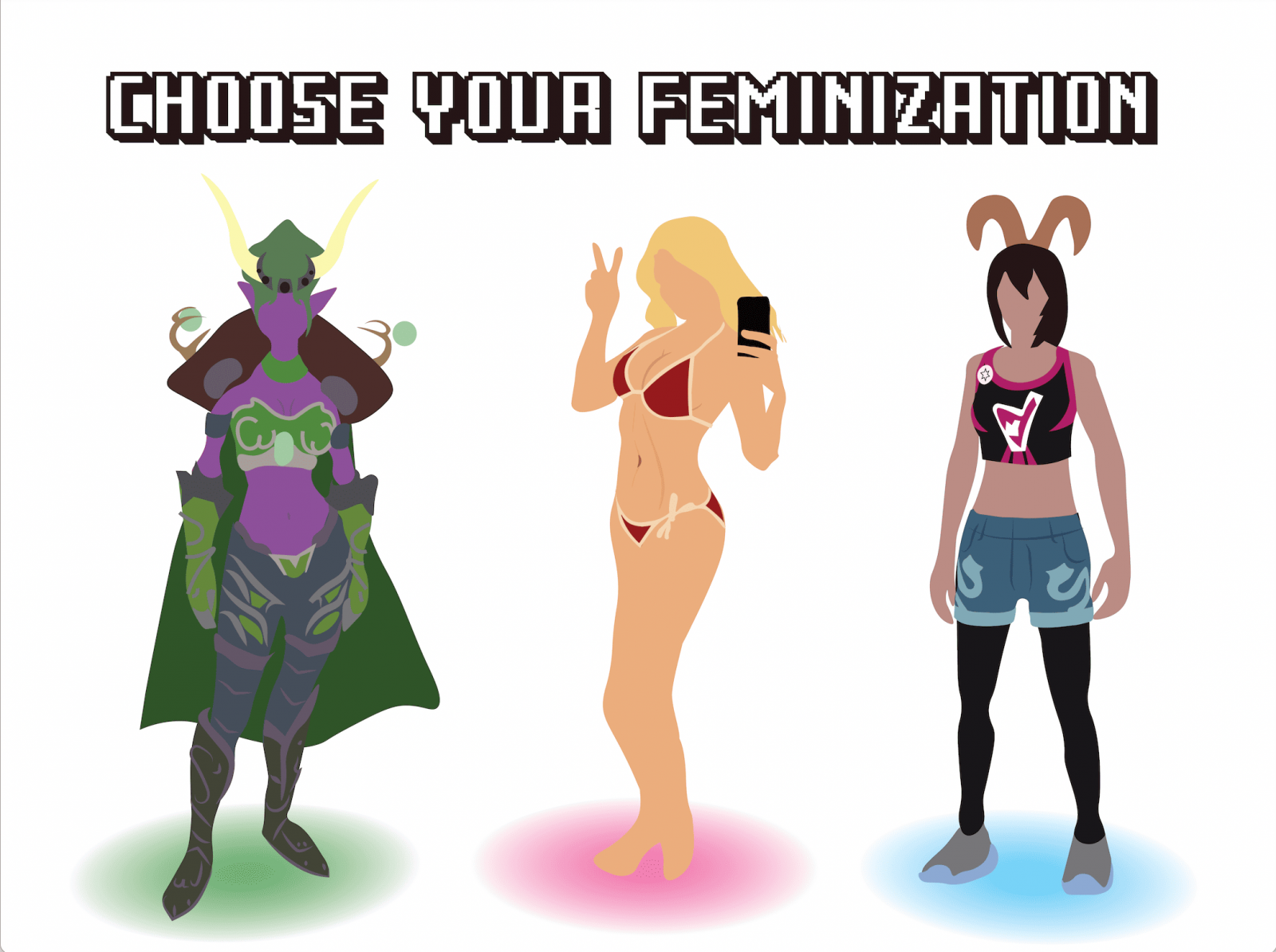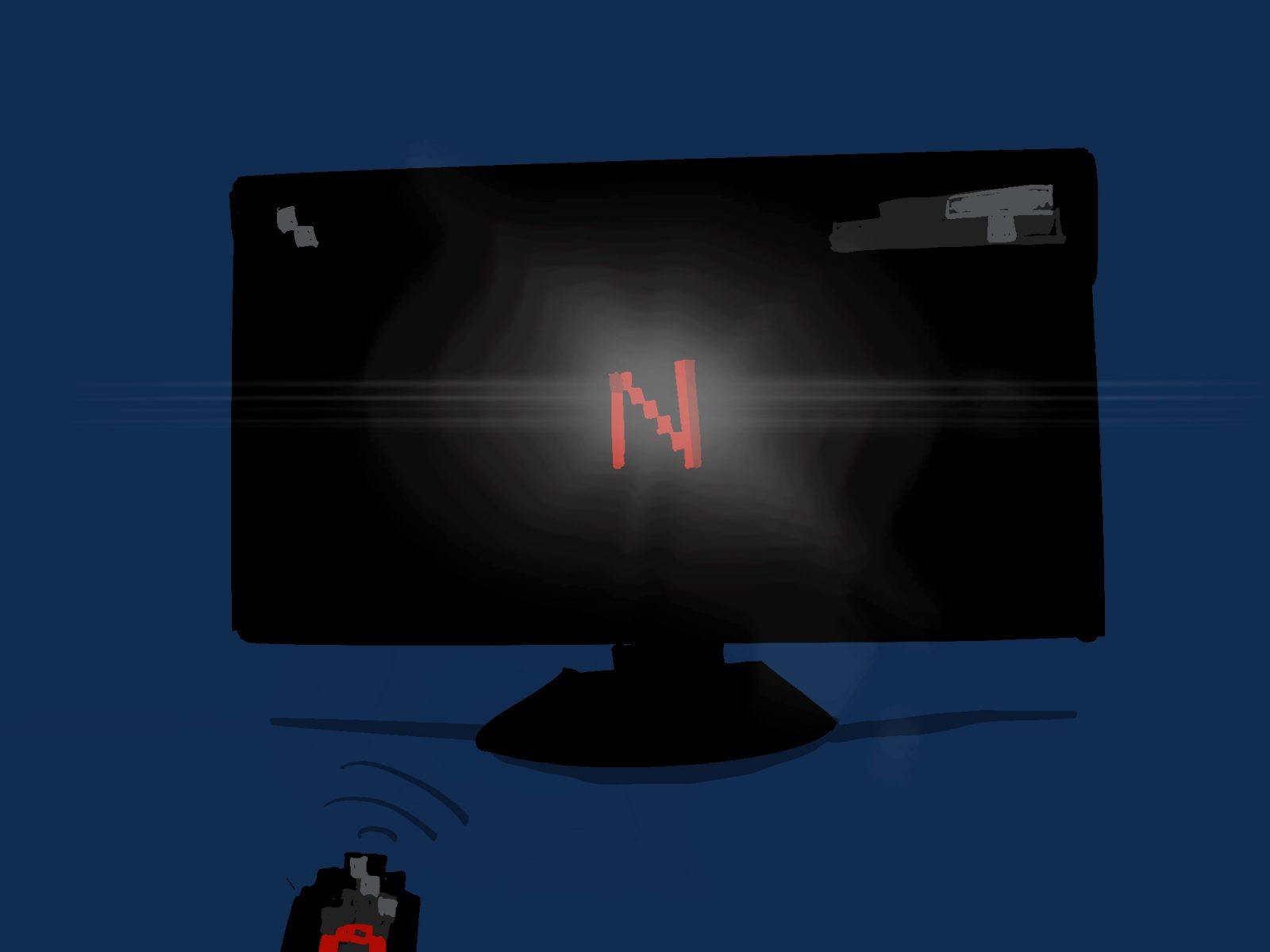After months of leaks and speculation surrounding the release of the Nintendo Switch 2, Nintendo of America finally launched a first-look trailer on Jan. 16.
But leaks of the console took all the punch — and fun — out of a good reveal.
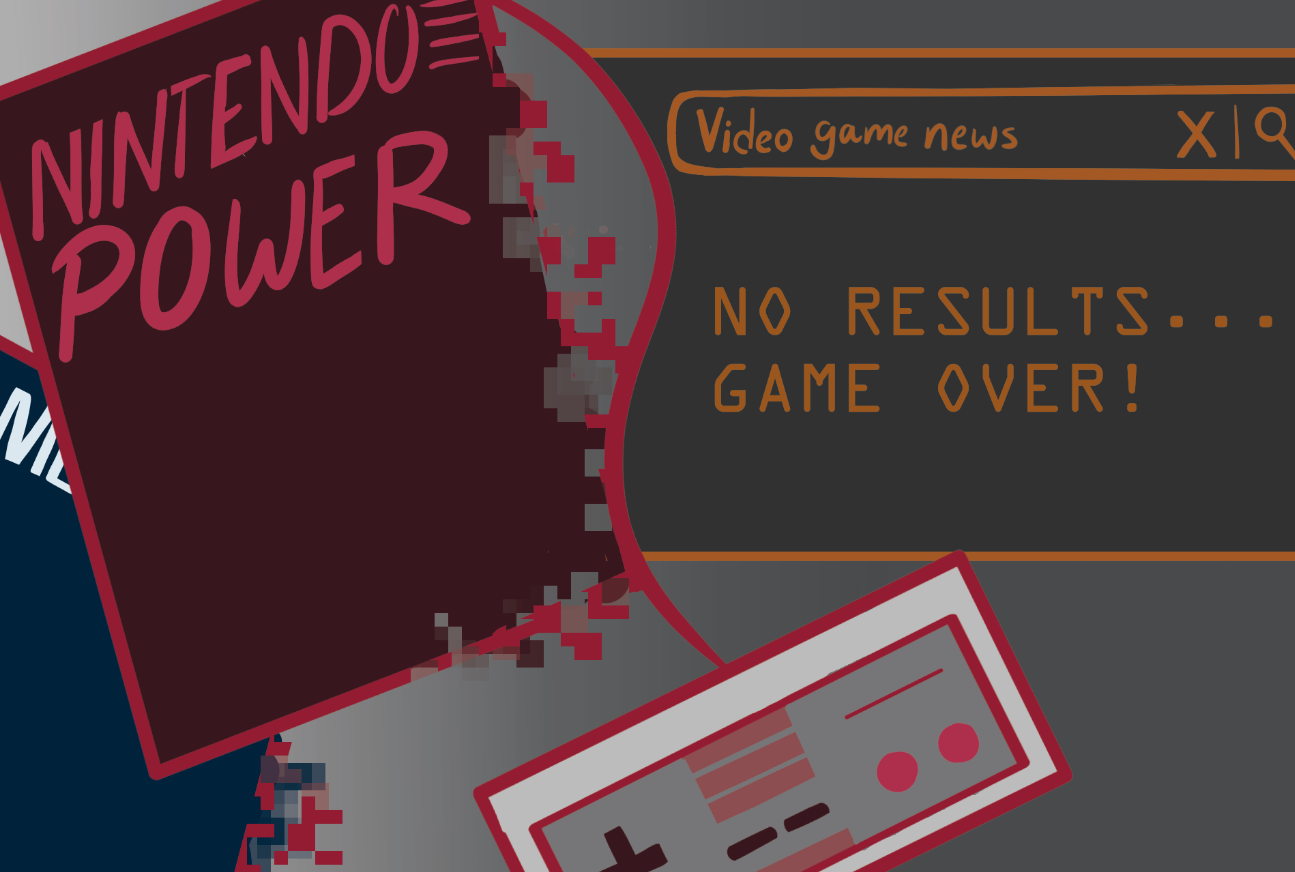
Game designer Hideki Kamiya expressed clear frustration over this on X, writing that all leakers who helped spill rumors about the Switch 2 “will be cursed for the rest of their lives to always have poop on the soles of their shoes when they get home.”
Which, of course, is threatening enough.
Despite his lightheartedness, his words have a degree of seriousness. Kamiya, the director of iconic games such as “Resident Evil 2” and “Devil May Cry,” also said people who have the ability to publicize such information about unreleased games have a responsibility — to simply not share the details.
In 2023, the worst-case scenario happened to Insomniac Games with ransomware, a type of malware that encrypts and steals data until a ransom is paid. The ransomware group held more than 1.6 terabytes — 1.3 million files — of data hostage. When Insomniac did not pay up, the group released most of the hacked data to the public.
Files from the upcoming Wolverine game and the company’s 12-year release plan fell into the group’s darknet site. But it wasn’t just about games. Hundreds of employees’ private information was exploited, along with internal developer communications and sensitive documents.
Of course, that was the most extreme case. But it goes to show the possible catastrophic impacts of data leaks.
When data leaks seep into the public eye, gaming enthusiasts don’t care if the game is in an unfinished state, diminishing the command of the game developer over their own creative work.
When consumers get to judge an incomplete piece, excitement can melt into disillusion. If high expectations are not met, disbelief can lead to backlash.
Enthusiasts should certainly share their critiques, but when leaks are framed as gaming “news,” fans often blame the company instead of those spreading classified information.
Insomniac and Nintendo may make millions — even billions — but creatives like Kamiya are focused on principle, not revenue. More than 2,300 game developers already experience harassment from players, with over 75% saying it is a “very serious” issue, according to the 11th annual State of the Game Industry survey.
Theories and speculations are welcome, but even small leaks become a problem when they ooze into news. Fans can take every rumor and every detail to heart. Influencers and gaming publications sprint to the starting line before a race is even announced.
This, in part, is a huge indicator that good video game journalism is dying. Or maybe it died with gaming magazines, in a sputtering transition to the internet from the ‘90s to the 2000s.
With the internet quickly dictating opinions on gaming and journalism, sites like GameRant and IGN prevail, posting click-bait articles and bloated work lacking journalistic integrity.
But IGN is the epitome of gaming news that is simply not real journalism.
The site’s most popular articles are reviews. Its most recent pieces are titled “Avowed is Out Soon: Here’s What Comes in Each Edition” and “This Decked Out Alienware Aurora R16 RTX 4090 Gaming PC Drops to Below $3,000.”
IGN provides content to an audience that isn’t looking for a feature on the development of an indie game. It has a readership that’s pining for quick links to new games, not profile pieces on prominent game developers.
IGN and other similar sites are not intended to take the place of real journalism. I find myself wondering if this affects journalism as a whole, too. Virtually no news publications hire video game journalists. The way we write about games pales in comparison to the way we discuss sports or films.
While readers may go to The Athletic for a poignant sports story, readers generally become viewers when it comes to video games. They head to YouTube for their gaming news, because they do not trust publications like IGN.
It is disheartening to think that new game announcements, console deals and leaks are what people think of when they hear “gaming journalism.”
I’d be delighted to see more work from journalists like Jason Schreier, who used to work at another gaming news site called Kotaku. He wrote thoughtful reviews, and many regard him as a trusted source. Now he works at Bloomberg, which is, unfortunately, not a gaming publication.
I am not against reviews, but gaming news sites should also strive to say something insightful about the game they cover. The reporting should be well-researched, perceptive and even profound.
Let’s give up the leaks — not journalism.















































































































